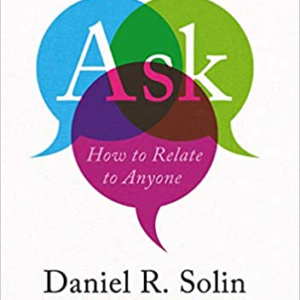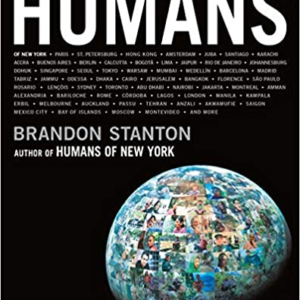Moving Up without Losing Your Way: The Ethical Costs of Upward Mobility Paperback – April 20, 2021 by Jennifer M. Morton
PAPERBACK
[192 pages]
PUB: April 20, 2021
Description
Author: Morton Jennifer M.
Brand: Princeton University Press
Package Dimensions: 12x212x230
Number Of Pages: 192
Release Date: 20-04-2021
Details: Review “An empathetic and clear-eyed analysis of the difficult choices [strivers] must make.”―James M. Lang, Chronicle of Higher Education”Important and accessible.”―Choice”Morton is not the first person to describe the myths and ordeals of upward mobility. . . . But where Morton differs―and meaningfully contributes―is in her perspective as a philosopher.”―Shaun Ossei-Owusu, Public Books”Valuable because it not only focuses on the ethical costs of social mobility but also hints at solutions.”―Helen De Cruz, Philosophers’ Magazine Product Description The dilemmas faced by disadvantaged college students seeking upward mobility and what educators can do to help these students flourishUpward mobility through higher education has been an article of faith for generations of working-class, low-income, and immigrant college students. While this path usually entails financial sacrifices and hard work, little attention has been paid to the personal compromises such students make as they enter worlds vastly different from their own. Measuring the true cost of higher education for those from disadvantaged backgrounds, Moving Up without Losing Your Way looks at the ethical dilemmas of upward mobility―the broken ties with family and friends, and the loss of community and identity―faced by students as they strive to earn a successful place in society. Drawing upon philosophy, social science, personal stories, and interviews, Jennifer Morton reframes the college experience, factoring in not just educational and career opportunities but also essential relationships. She urges educators to empower students with a new narrative, one that might allow them to achieve social mobility while retaining their best selves. Review “Winner of the Frederic W. Ness Book Award, Association of American Colleges and Universities” About the Author Jennifer M. Morton is associate professor of philosophy at the University of North Carolina, Chapel Hill, and senior fellow at the Center for Ethics and Education at the University of Wisconsin–Madison.
Be the first to review “Moving Up without Losing Your Way: The Ethical Costs of Upward Mobility Paperback – April 20, 2021 by Jennifer M. Morton”
You must be <a href="https://webdelico.com/my-account/">logged in</a> to post a review.
























There are no reviews yet.